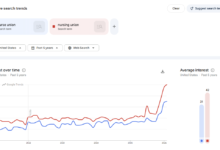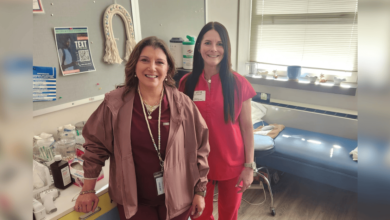Transdermal blood taking ‘reliable’ for children with diabetes

A less invasive method of taking blood samples from children with type 1 diabetes has been found to be a “reliable alternative” to drawing from a vein with a needle.
Researchers at Oxford University Hospitals NHS Foundation Trust, and the University of Oxford’s Wellcome Centre for Human Genetics, recently published the results of a study into the use of transdermal sampling of C-peptide in type 1 diabetic children.
“This has major implications; the transdermal collection method has great potential for use in other paediatric settings”
Rachel Besser
This new method of sampling C-peptide, which is gathered by nurses and other health professionals to measure pancreatic function and in turn insulin production to check on the progress of treatments, draws blood via a tiny ‘microneedle’ and a small vacuum device through the skin.
A Touch Activated Phlebotomy (TAP I) device was used for the transdermal sampling in this study, the results of which have been published in the journal Diabetes Care.
While not a new device for blood extraction, this study was the first time TAP I was trialled for sampling C-peptide for children, as well as adults, with type 1 diabetes.
Dr Rachel Besser, a paediatric diabetes consultant at Oxford University Hospitals who led on the study, said the traditional method was “a challenge” for some patients, in particular young children, and said that this was the reason testing for C-peptide is restricted to a healthcare setting.

Rachel Besser
“We wanted to see if using the transdermal method of collecting blood through the skin could be a practical alternative,” Dr Besser said.
She added that not only was the method “overwhelmingly” preferred by patients – but that it was “highly accurate” for measuring C-peptide.
The Oxford study found the method was effective, less painful and less invasive for participant patients, 63% of whom said they preferred it to the traditional method of C-peptide sampling via a vein with a needle; just 7% of participants said they preferred the needle method.
“It would be a reliable and practical alternative for C-peptide sampling,” Dr Besser added.
“This has major implications; the transdermal collection method has great potential for use in other paediatric settings, and which colleagues at [Oxford University Hospitals] are planning to test.”
This research is the latest in a series of recent innovations for diabetes nursing and healthcare for the condition in general.
In November, the National Institute for Health and Care Excellence (NICE) recommended the use of hybrid closed-loop systems for patients with type 1 diabetes.
These systems, sometimes referred to as an ‘artificial pancreas’, constantly monitor glucose levels in the patient’s body and automatically administer insulin when needed.
Hybrid closed-loop systems have also had the backing of the Scottish Government which, earlier this year, pledged £350,000 towards widening their availability – and said specialist diabetes nurses would aid in rolling them out.






